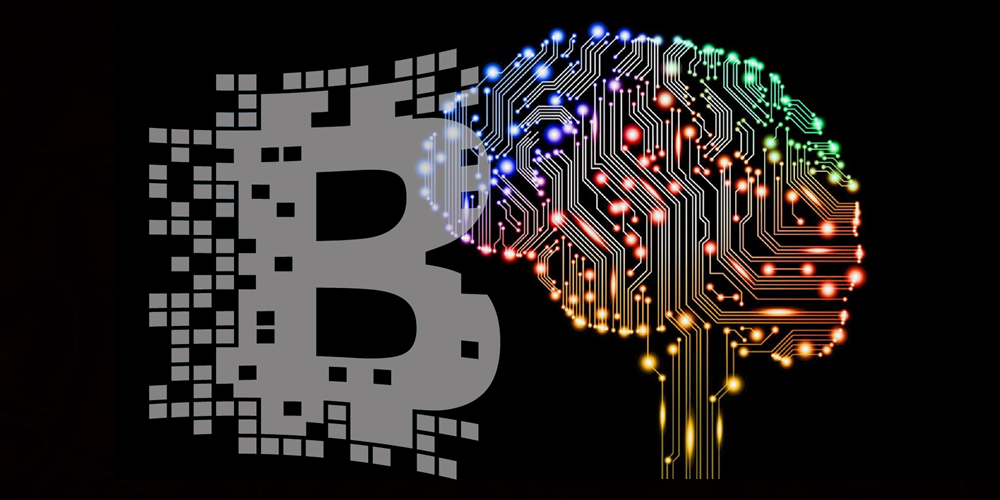Industries such as finance and banking are being transformed before our eyes with the use of the blockchain. However, the changes haven’t ended yet. Some other industries are beginning to see the benefits of switching up how they operate to use the blockchain as part of their systems, and more industries will follow.
Here are four industries that will be transformed.
Cyber Security
If you pick up on the blockchain and crypto news on a regular basis, you will have noticed that security gets mentioned quite often these days. The advent of massive hacks on multi-national US corporations, and even Russians influencing the electoral process using Facebook and Instagram, has brought the topic of cyber security to the fore.
For security experts, using the blockchain to provide improved security makes a great deal of sense. It’s an idea that is picking up stream. With the blockchain use of a ledger system of checks and balances, this is ideal to keep data stored where it doesn’t get deleted or manipulated in a way that was never intended. Because of this, hackers cannot easily get into the data to modify it or manipulate it because it must always conform to a set standard and pass sophisticated cryptographic tests (think MD5 hash computational sum but far smarter).
Security within the blockchain still needs to be paid attention to. It’s not a slam dunk. But for future thinkers, it’s 2019’s version of the cloud.
Forecasting
The blockchain can also be used to help create forecasting models. While it’s not quantum computing where calculations are performed faster in another dimension, it is still beneficial nonetheless.
The use of a decentralized model allows the collection of useful information that supports modeling different outcomes. The blockchain is accessible from around the world and updatable by experts who can feed it new information to advance the collectives’ knowledge. Software is then used to access the information stored securely in the blockchain to run through various simulations and outcomes.
Forecasting using the blockchain could be used for advanced financial modeling, weather forecasting, and any industry where they find a benefit of running through multiple scenarios to find the most beneficial, or the one with the best likely outcome (think: Monte Carlo Simulation).
Political
Voting irregularities are a major concern across different districts come electoral voting time. The case of the hanging chad and confusion over how to navigate the voting form makes it more difficult than it should be for people voting for the candidate they intended to.
With blockchain technology used to register votes securely and in a systematic fashion that’s the same for every district, it rules out many of the problems with the current systems used that often aren’t uniformly followed. This leads to unnecessary litigation all the way up to the U.S. Supreme Court at times.
By adopting the blockchain for vote logging along with a consistent voting form where only the candidate names are different, voters get used to a standardized voting system that doesn’t change every couple of years. It will be entirely digital, so there are no more hanging chads, votes not being counted, or recounts going through the night to tally up the votes, as a computer can perform that calculation in a fraction of a second!
Ride Sharing
While we now have Uber (and even scooter rental companies), this is still adding a middle person in between vehicle owners and the paying customer. By using blockchain technologies to create a network of rentals, customers can get the information without the need for a middle person taking a piece of the action every time.
This type of system is duplicatable across other network systems like home rentals, vacation rentals, realtor listings and much more. Even something similar to Craigslist or Freecycle would work fine in the blockchain to reduce the need for someone in the middle of the transaction sometimes creaming off fees.
Anyone working in these industries should be aware of the challenges to come. Even with working in governmental affairs at the local, state or federal level, changes are likely to happen quite soon.
